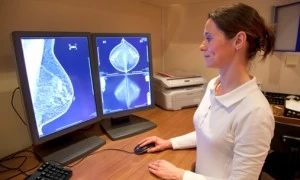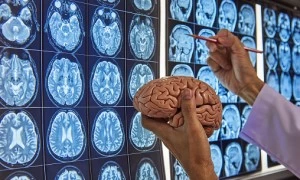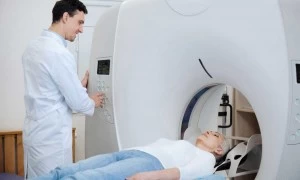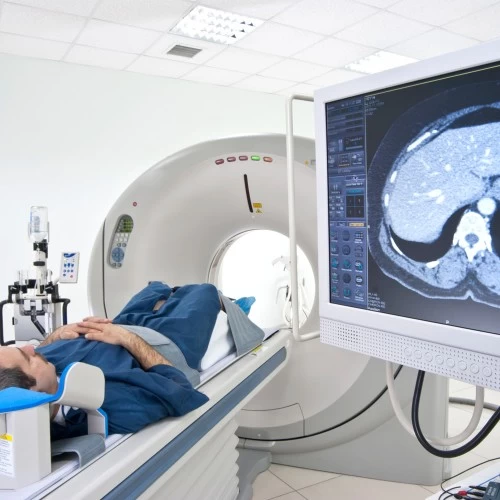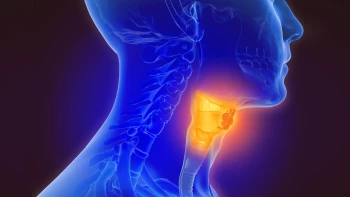Oncology Neurointerventional
ProceduresWhat is Neurointerventional Oncology?
Focusing on cancer, our neurointerventional oncology services provide both diagnostic and therapeutic services pertaining to the brain, spine, head, and neck tumors, with a focus on advanced imaging techniques. As an alternative to open surgery, neurointerventional surgery may reduce risk, cause less pain, and mean shorter recovery times for the patient. Less invasive treatments may also offer alternative options for a patient who cannot undergo traditional surgical procedures. Interventional techniques allow doctors to accurately catheterize and embolize tumors supplying blood to reduce blood loss during surgery.
What are the symptoms of head and neck cancer?
“Head and neck” can refer to a variety of cancers that can affect a number of specific regions within this section of the body, and signs and symptoms may present themselves differently depending on the type of cancer and area that is affected.
Symptoms can include a lump in the neck or a sore in the mouth or the throat that does not heal and may be painful, a sore throat that does not go away, chronically blocked sinuses or nasal bleeding, swelling under the chin or around the jaw, numbness, difficulty in swallowing, and a change in the voice. These symptoms may also be caused by other, less serious conditions, so it is important to check with your doctor.
Symptoms of a brain tumor can include new or increasingly strong headaches, blurred vision, loss of balance, confusion, and seizures. In some cases, there may be no symptoms.
How are head and neck cancers diagnosed?
The process begins with diagnostic and interventional procedures using MRI, CT, ultrasound, PET/CT, intra-operative, and functional MR imaging.
A diagnostic cerebral angiogram can create a roadmap of the blood vessels in the brain and can give your surgeon an understanding of how blood is supplied to the tumor and whether embolization is a good option.
If embolization is the right course of action, the next step is to introduce an agent to stop the flow of blood in the targeted vessel.
How are head and neck cancers treated?
Our neurointerventional surgeons and other cancer experts provide advanced treatments and supportive therapies all under one roof. Many procedures may be performed on an outpatient basis or during a short hospital stay, and can include:
Tumor embolizations to slow or stop the flow of blood to a tumor in preparation for surgical resection, or removal.
Tumor ablation procedures to treat tumors or alleviate symptoms.
Vascular work to place stents, stop bleeding and block the flow of blood to or from tumor tissue to support chemotherapy and radiation therapy response.
Drainage catheters to drain excess fluid and relieve uncomfortable symptoms.
Bone and joint pain management including bone and joint injections, nerve blocks, and management techniques to provide relief from pain.
Your physician may perform these procedures to obtain biopsies, open blocked blood vessels or deliver medications directly to disease sites, and will monitor your progress and modify your treatment plan as necessary.







































